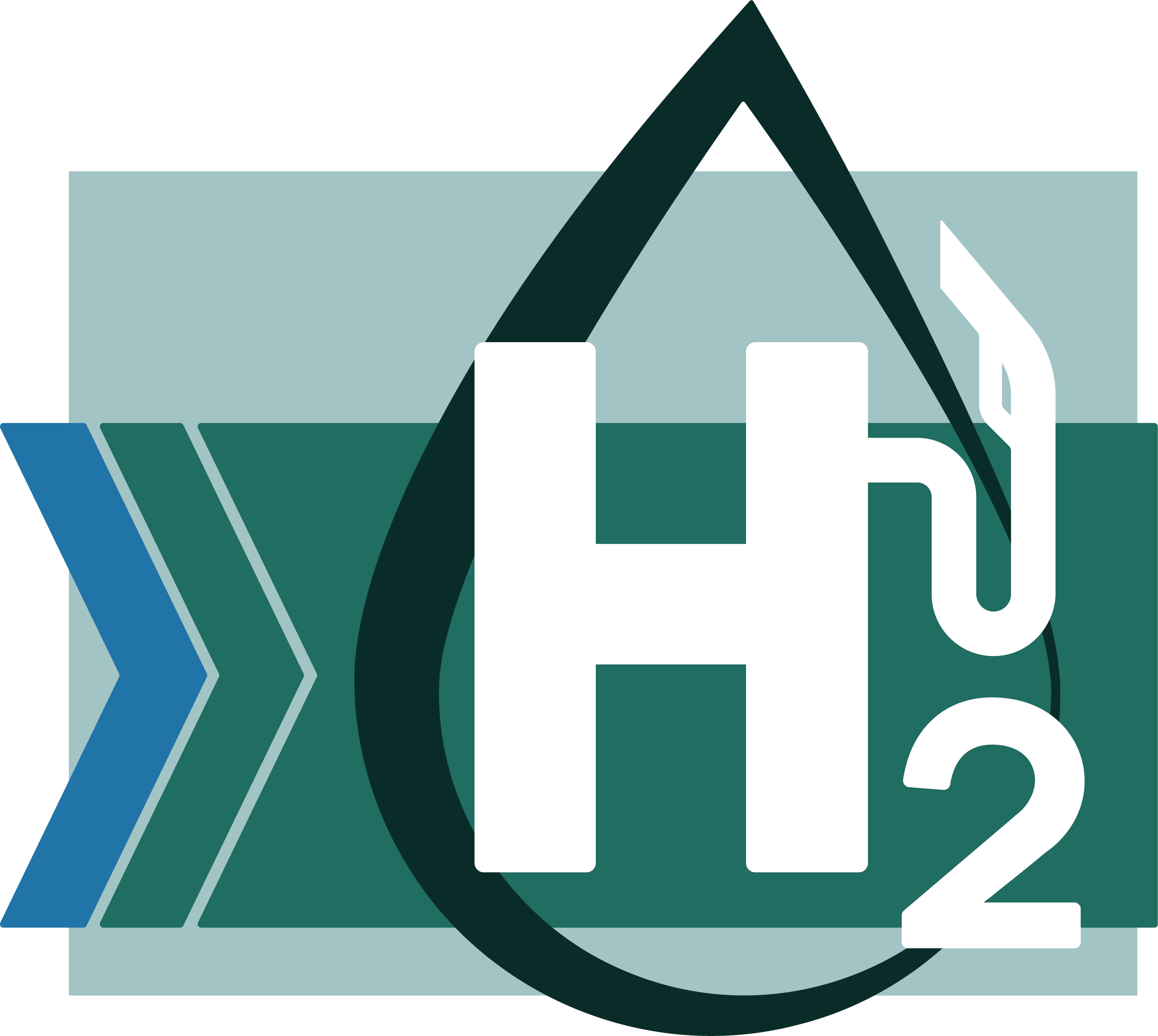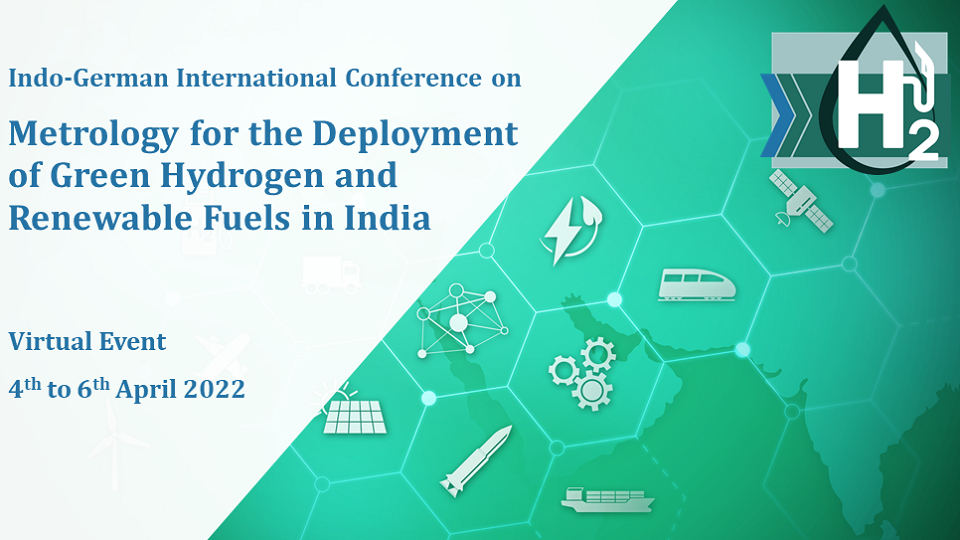The conference and the proposed consortium see themselves binding to cater to the needs of process safety, standardization, and Metrology - forging the infrastructure service for the sustainable development of the Green Hydrogen sector in India. Consistent, accurate, and timely engagement in terms of accreditation, testing, certification, and inspection facilitates PTB’s further participation in the domain of Green Hydrogen.
The broad consensus regarding the binding Paris Agreement, decarbonizing the existing infrastructure in terms of Storage, Feedstock, and Fuel, Green Hydrogen is poised to lead the transition. Assessing the increase in global energy consumption and the rebound of emissions post-COVID, tangible measures are expected to meet the emission targets. Green Hydrogen plays a pivotal role in the share of renewable energies. A myriad of factors at the policy-level, strategical framework, and technical challenges apriori in the Indian context bring in PTB’s expertise alongside industry partners.
The techno-economic analysis of Green Hydrogen at all systems-level is through a ‘dialogue’ between Physico-Chemical properties and safety measurements. The combustion shortcomings of Hydrogen as a promoter and carrier, lack of technical infrastructure at both process and systems-level hinder the long-term implementation. Profound uncertainties and contested priorities of renewable energies in the complete value chain explicitly draw the necessities for accurate measurements, high-metrological standards, correct billing, and adequate human resources. These unexamined issues are still in their infancy in the niche market of Indian Energy discourse.
The project brings in thought experts, stakeholders, and key players in the production, transportation, storage, and usage of Green Hydrogen. Thus, it enables a plausible transition and a robust framework for India in energy security, efficiency, and renewable energies. In the short term, the parties benefit from quality assurance, quality infrastructure in the mid-run and mitigation of accidents, and transparent billing in the long run. The conclusions can be drawn based on reducing greenhouse emissions and developing a better socio-technical understanding of the Hydrogen transition. Metrology as a Science and Practice appears decisive in the techno-socio narrative of systemic energy system change.

